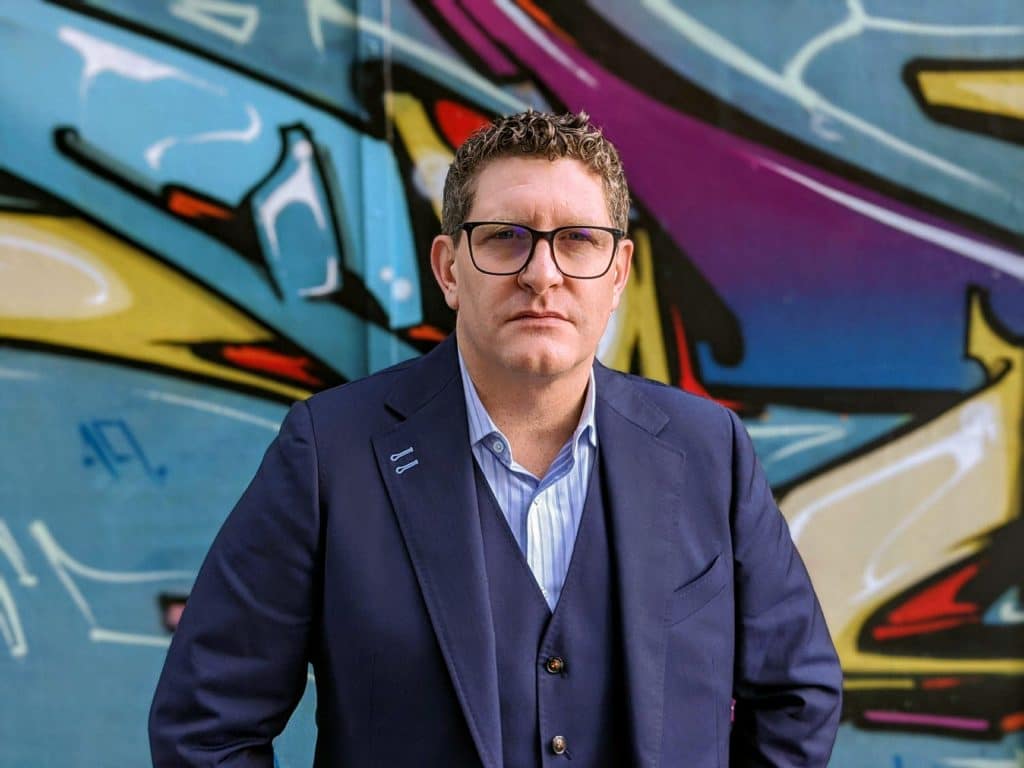
Every business is worried about the long-term impact of this pandemic on their consumer. Yet, they’re mostly reliant on research that is focused on measuring short term behaviors. Why? It all stems from our predisposition to jump to conclusions. As human beings, we’re automatically driven to a mode of thinking that behavioral economist and Nobel Prize winner Daniel Kahneman called “System 1 thinking”. When we are presented with new information, we opt for the easiest pathway to arrive at the necessary conclusions.
For example, if you work for a food company that is currently benefiting from the increased sales of canned goods, you’re more inclined to look at current sales data and customer feedback on the fear of buying contaminated fresh foods and conclude that this “trend” will continue well beyond the peripheral walls of this pandemic. Similarly, if you work for an apparel company that is suffering significantly, it’s easy to think that this is in fact the end of the road for your brands.
Neither of these perspectives are right. To understand why, we need to take a step back and think about the underlying question we’re trying to answer. Since our objective is to understand the long-term impacts of this current pandemic on human needs and behavior, we need to recognize that the question we’re trying to answer is one of culture (the meanings we ascribe to the things around us) rather than one of behavior (the things we currently do or buy).
We have a tendency to overestimate the rate of change
Culture is slow to change. Just look at the feminist movement. Despite greater awareness of the issues and problems women face at home and at work, and the growth of new supportive movements like #MeToo, the quest for equality is still sadly far out of the reach of most women. You may argue that this example doesn’t take the perspective of the impact of major crises like this pandemic. To which I’ll offer some addition evidence. Women during the Second World War had to replace men in the public sphere (get jobs, make ammunition etc). After the war, they returned — more or less willfully — to the domestic or private sphere. One would think that the war would shift culture enough to open the door for women workers or even their right to vote. It barely did. Similar outcomes were captured by French Sociologist Pierre Bourdieu through his research. He found that people act in ways that are very consistent with their beliefs. When a trauma occurs, while it may change short term behaviors, it rarely has significant impacts on underlying beliefs. Which means after the period of trauma, people naturally work hard to return to a feeling of “normalcy” which is in line with their previously held beliefs. Of course, the length of the trauma will affect the amount of change that might occur, but it’s an evolution rather than a re-evaluation.
If we can’t follow the obvious clues, then how can we model the future impact of this crisis?
Culture is nothing but the act of giving meaning to something. So a topic like “immune health” is given meaning through how people talk about. What’s interesting to note however is the condition under which these meanings begin to change — i.e. the creation and accumulation of new knowledge.
To put it simply, as more people develop knowledge about what immune health is, and let’s say the role of nutrition in immune health, the meanings around the topic begin to change. Which means the culture and consequently the habits of people start to evolve when it comes to the topic of immune health. In the same way, if we are to think about the future impact of the coronavirus pandemic on our respective businesses, then we need to first think about what kinds of new knowledge the pandemic is creating among the audiences that buy our products and solutions. When we start to identify these forms of new knowledge, we gain much needed perspective and a simple framework with which we can create different emerging future scenarios that impact our businesses. If we don’t pay attention to these new forms of knowledge, we’ll not only miss out on new opportunities that will emerge through this crisis, but we will also risk losing significantly to those competitors that do.
It is the new knowledge that translates into new behavior and rarely the other way around.
This single statement will serve as your guiding light in this ocean of confusion and allow you to move your business forward without getting bogged down by conclusions that may serve you emotionally today, but will certainly disrupt your business and your emotional well being tomorrow.
